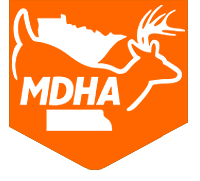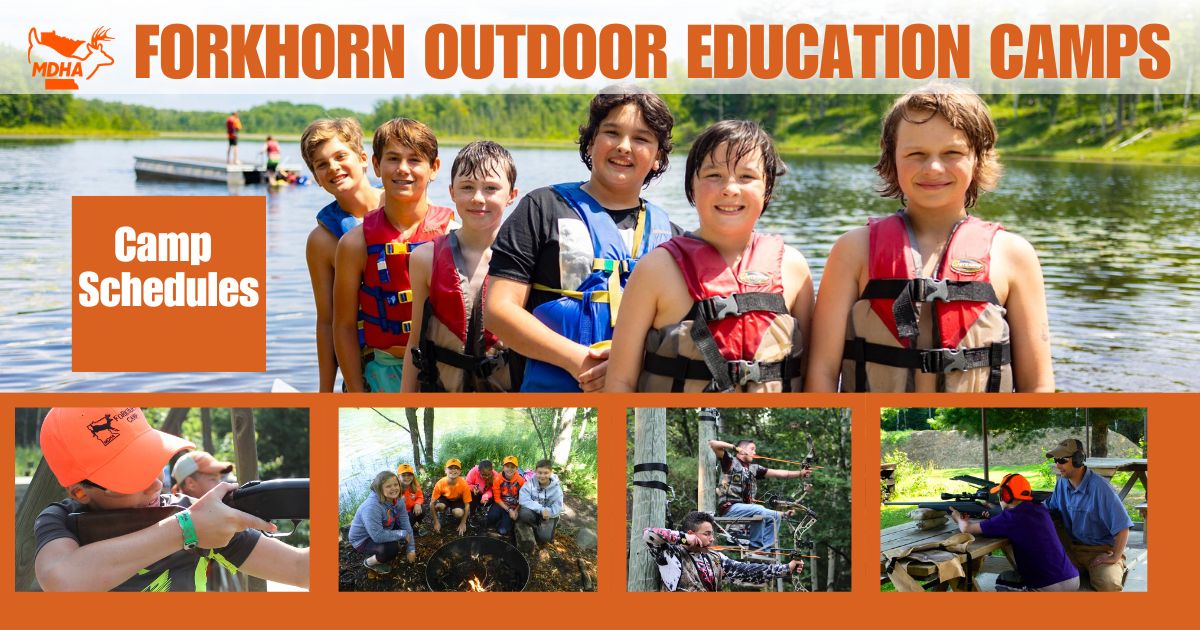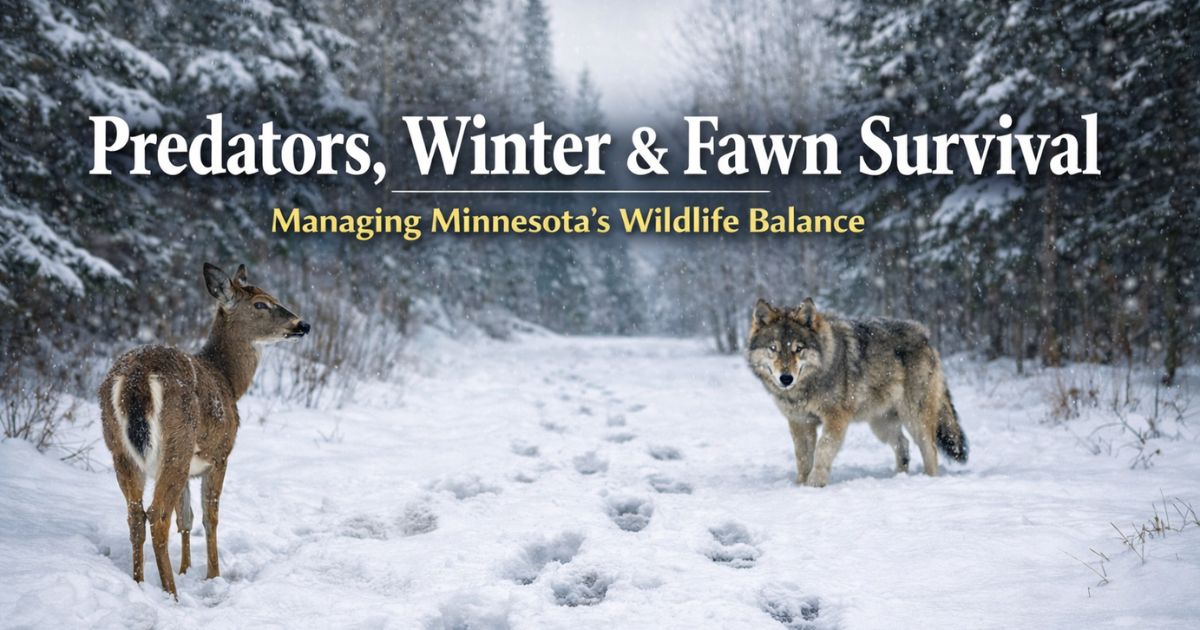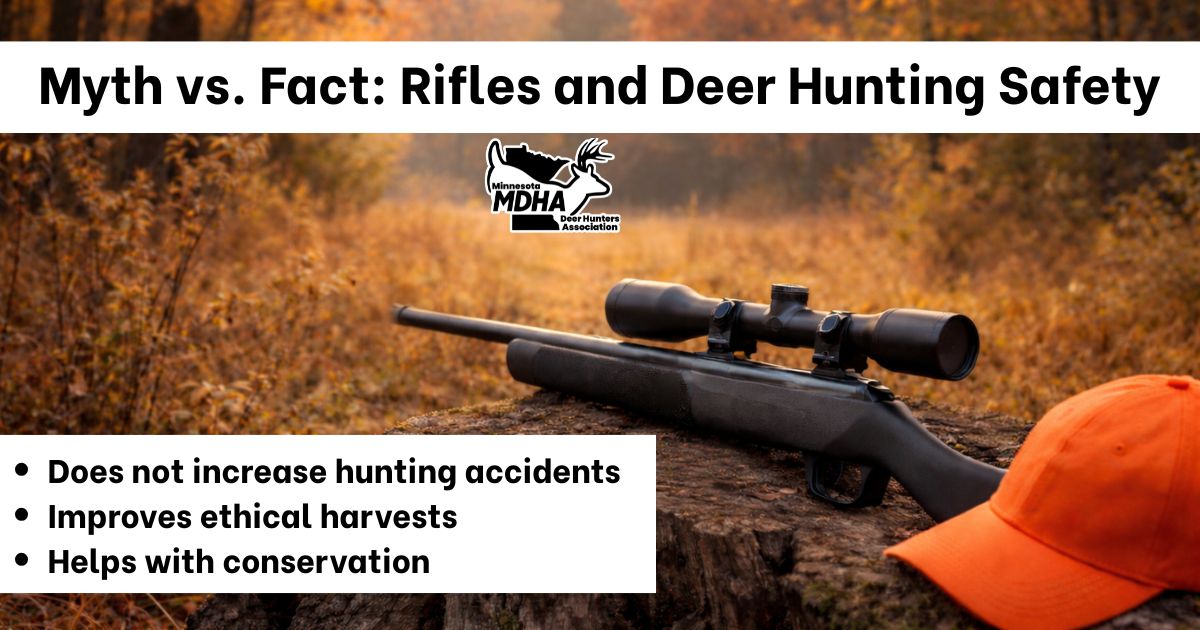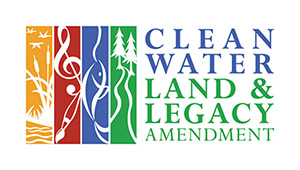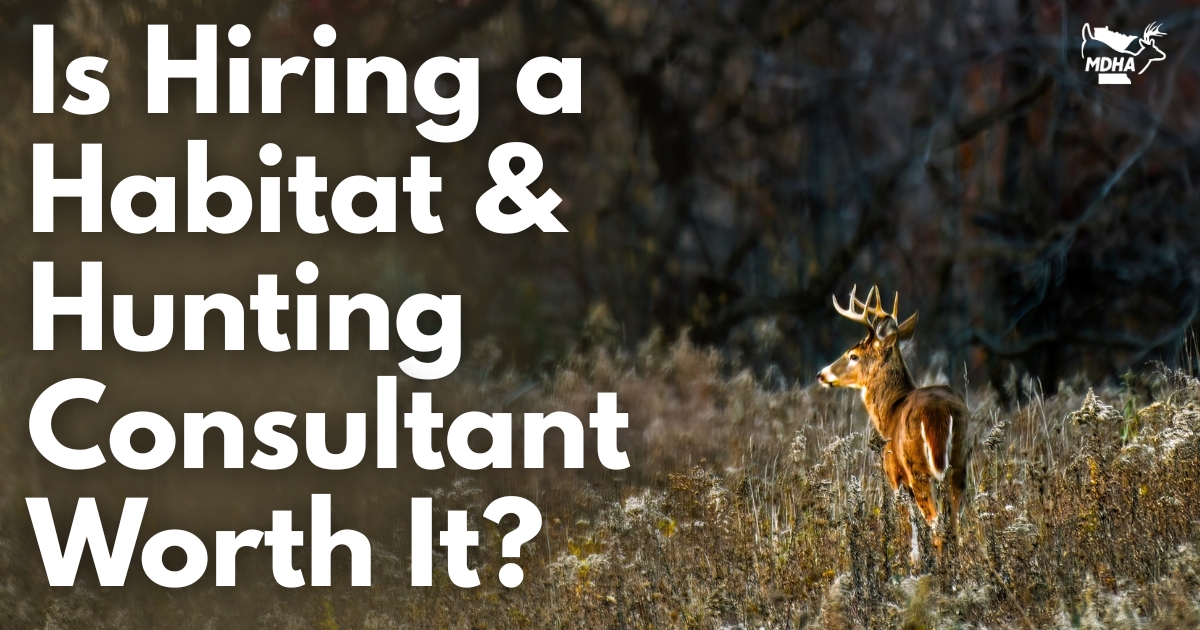
- Jake Blow
- From Whitetales
- Hits: 2533
Is Hiring a Habitat & Hunting Consultant Worth It?
- Jake Blow
- From Whitetales
- Hits: 2533
How much is your property worth?
This seems like an odd way to start answering the question, but it’s important to realize that a recreational property is often worth just as much as building a new house. Even a 40-acre tract with no access and no utilities in northern Minnesota is likely going to sell for $100,000. Would you build a house worth that much without a plan? Can you come up with an appropriate floor plan that will use every square foot of space efficiently? It’s too expensive to fix stuff after it’s built, and our deer hunting properties are no different. Respect your property for what it’s worth.
You’ve been hunting your whole life and you’ve watched all the videos. Does a consultant know more than you?
In most of life, we find it easy to acknowledge our weaknesses in certain areas. There’s no way I’m plumbing my own bathroom remodel, even though I’ve watched a lot of This Old House and I’ve changed a toilet. That doesn’t mean I’m good at it, nor do I have all the tools and skills to do it right. The speed and efficiency of a good plumber doing a full bathroom remodel in eight hours is real, and it’s well worth the cost. Why? Because they’ve been trained and have solved hundreds of problems from which they will draw experience to help me accomplish my (wife’s) bathroom remodel. A good plumber will ask us relevant questions and provide options that will help us prevent annoying issues or to use new technology we didn’t even know about. That experience is worth every penny!
The deer hunting and habitat consulting industry is no different. Even if you’ve hunted your whole life, you’ve likely only been on a few different types of properties, and that might not have included much design or habitat management. Logically, someone who has designed a few hundred properties all over the country and built several from the ground up will be able to help you. Consultants draw from their experience to speed up your learning curve, help you avoid mistakes, and maximize your acreage. This year, I gave two completely different property designs and habitat management plans to landowners with very similar properties because one was in Wisconsin and the other was in Alabama. I couldn’t have done that 10, 7, or even 5 years ago. Experience matters.
Can you get away with virtual consulting?
Virtual consulting means the consultant doesn’t come to your property but designs the whole thing remotely. Although I have done a few of these for owners with wide open field conversions, as you can guess, they are often better for the consultant’s checkbook and schedule than they are for the landowner. While lots of the rough draft of a design can and does happen while looking at the topo, imagery, and soil maps, there’s still so much that is important on site that greatly influences the design and habitat management advice. Stay away from virtual consulting unless you truly have a blank slate open field.
What do you need for your finished product?
Most landowners don’t even realize there’s a huge range of possibilities for boots on the ground consulting. If you hire Jim Ward, you’re not getting a fancy map and written plan, but you’ll have the best chainsaw man alive dropping 1000 trees a day and your deer herd will be all over the bedding areas he built the day he leaves. Spend the same money on another consultant and he’ll give you a cartoon drawing on a screenshot image of your property that is little more than an outline. My finished designs are GPS referenced maps that run on your phone, can be printed in HD for wall art, and come with a full written assessment and priority list that correlates to the map. What do you need? Make sure you see examples of their finished product and ask how many hours the consultant will tour the property, work on the design, and provide recommendations.
Are you a consultant, or are you a salesman?
I had a northern Minnesota client who spent thousands on a big-name consultant from the corn belt who told him to hire a dozer, rip out his aspen regeneration, and plant switchgrass to create deer bedding. Wouldn’t you know the guy consults for a company that sells switchgrass? Another big-name consultant runs sponsor ads in his videos and gets paid $75,000 a year per sponsor. You can bet there’s bias in that advice! For any consultant you are screening, ask if they have a connection to any other businesses related to the deer hunting industry. Ask if they make money off sponsorships, and if they’re allowed to speak freely about competition to any sponsors they have. Ask if they make commission off any products they are recommending. Ethical consultants should answer those questions honestly and admit any bias they have. As an example, I’m a dealer for “Deer Ponds” and have been installing them exclusively for almost a decade because they’re the best option for a deer waterhole. However, they’re not the cheapest option, so I tell my clients the pros and cons of all the other options and let them choose what to spend their money on. A consultant who runs sponsor ads in his videos must follow the money. Beware.
Do they have experience doing the work you need on your property?
Nowadays, a diligent social media junkie can become an “expert” in a month of binging content. While there’s good information to be gained by a good student, that’s not field experience. You can’t give the best advice on habitat management without ever having done each of the options available in that habitat type. Ask them how many timber harvests they’ve planned and executed. What types of chainsaw work have they done? What’s their experience with switchgrass, NRCS plantings, and different management of early successional growth? Have they ever changed big timber into a food plot, and how much does that cost in time and money? What crops have they personally planted in food plots? They’re not getting that experience on YouTube. Make sure they have done projects like what you’ll need.
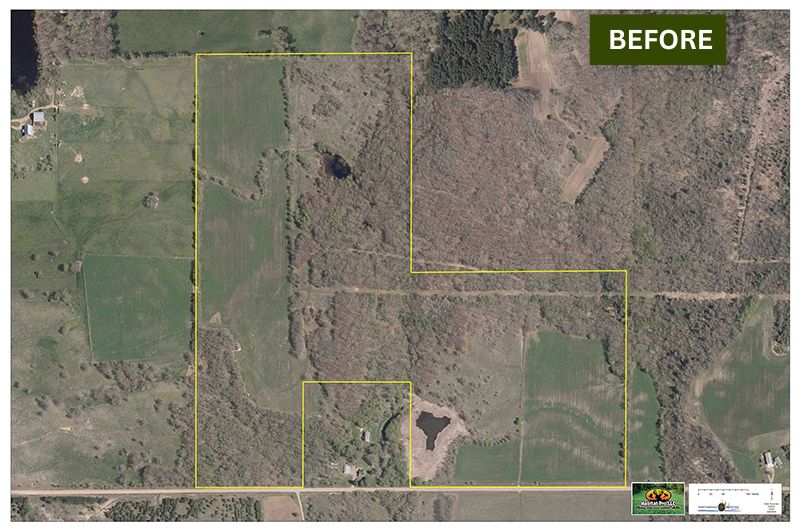
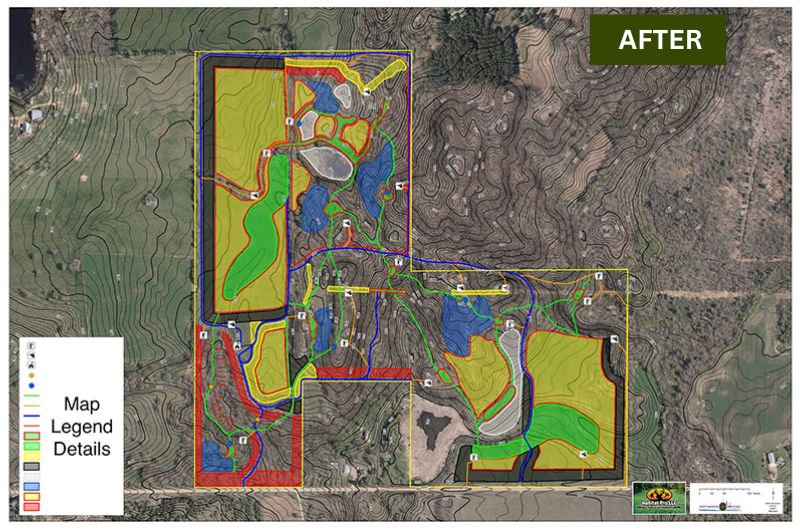
Can the consultant’s teaching match your geographic area and needs?
The short answer here is, maybe. You’re going to need to ask questions to the consultant about how they go about designing a property differently based on geography and landowner. If you’ve got a guy from down South telling you to kill hardwood saplings to release native grasses and forbs in northern Minnesota, and that you should never hinge cut a tree, you just lost six months of survival food and cover if you own a wooded property in wolf country with little timber value. On the flip side, my advice for the Alabama client was to reduce the hardwood canopy by 50% and do a spring burn every 1-2 years to encourage forbs and top kill hardwoods to maximize herbaceous growth where there’s no real winter. A consultant should also be able to provide examples of designs for clients focused on firearms hunting compared to those who only bowhunt. The same property could be designed about a dozen different ways based on a few key questions. A consultant must be able to match the property to the owner’s harvest goals, habitat skills, equipment, and time and money constraints.
What should you expect to spend on a consultant, and what’s a rip off?
This should be a function of the experience of the consultant and the time devoted to your property. In general, you’re paying for expertise, time, materials, and travel. I’ve always patterned my fees off what I’d spend on a plumber, electrician, or carpenter. Fairly new habitat consultant? It might not be appropriate to pay more than $50 an hour. Does the consultant have a few years of experience and a couple dozen designs? Fair would probably be double that. That hourly rate applies to all the time they’ll devote to your property. If they’re on site for one day from 8 am to 8 pm and are gone for good after giving you a cartoon drawing, that’s 12 hours and no ongoing relationship. Don’t be paying thousands of dollars for that! On the other hand, if they’re touring and marking improvements on your large property for two days, and then produce a beautiful GPS referenced digital map and written plan that takes another three office days to complete, you need to pay for a week of their time and expertise. Travel expenses are then added to the base fee.
In most of the country, the consultant’s fee is going to be far less than the cost of one acre of your land. If you were building a house, you wouldn’t show up one day and randomly start digging holes without a full design and plan. Only you can decide if it’s a fair price or not, but a property design that maximizes your acreage and herd carrying capacity is well worth it considering the cost of land these days, how permanent our management choices often are, and the fact that none of us is promised tomorrow!
About the author: Jake Blow is the founder of Habitat Pro LLC. He has been designing and building habitat for over 20 years. Follow the Habitat Pro YouTube channel and Facebook page for boots on the ground habitat management and design tips.
